One of the most controversial things lingering in Star Wars discourse is how Luke Skywalker cut himself off from the Force in Star Wars: Episode VIII – The Last Jedi. Yet, looking at the sequel trilogy as an outlier rather than part of the whole narrative, some fans missed the complex reason the last Jedi Master ended up on Ahch-To.
Save for the midi-chlorians of it all, the Force’s relationship with someone who has Force talent is a personal and intimate one. Sometimes it can be unconscious, such as how Finn or Leia use it most often. However, for a Jedi, it requires training and practice. The Luke Skywalker fans see in The Book of Boba Fett is building a Jedi temple and likely sees himself in a much different place in 25 years. Certainly not on a Jedi island, waiting to die, with a young woman holding out his father’s laser sword, looking at him like he’s the best hope for the universe. Because Luke already did that. From his point of view in The Last Jedi, either he failed or aspired too far above what the Force willed for him. Luke didn’t just “cut himself off” from the Force; he felt unworthy of it. He felt the Force no longer needed him or his hokey religion and ancient weapon. It did, of course, just not the way he thought.
Who Luke Skywalker Represents in The Last Jedi From a Generational Lens

From the moment Darth Vader told Luke he was Anakin Skywalker, Star Wars became a generational tale. It was only by lucky coincidence that the three installments of the movies arrived far enough apart for the movies themselves to have generational appeal. In that way, The Last Jedi is the most meta-textual Star Wars movie, as it serves as a commentary on the fandom itself. Nonetheless, the point The Last Jedi makes about the original trilogy’s heroes is about how the previous generation can leave fights unfinished and the next generation ill-prepared to take up the task.
Leia and Han represent this most clearly, with Leia at least trying to do the right thing. But Luke Skywalker was the man who was supposed to save the universe. And one moment of light aggravated assault against his nephew sent the universe spiraling out of control. No fandom outrage could match the anger and disappointment Luke himself felt for his failing Kylo. That’s what his final scene in The Last Jedi is all about. Luke uses his last bit of power to execute the perfect Jedi rescue. No one dies, and Luke gets to tell Kylo he’s sorry. Yet, to get to that point, he needed Rey to wake him up to the fact that while he thought the Force didn’t need him, it just needed him to do something different — just like real life and the plans people make about the future.
Star Wars canon has given several signs in expanded universe stories that Luke’s desire to walk away was always present. Most recently, the book Shadow of the Sith introduced an artifact that forcibly cut Luke off from the sacred energy field. Ultimately, he cut himself because he felt unworthy to be “the chosen one” and because he didn’t want to know, or more accurately feel, what was going on in the universe.
Luke Skywalker: The Once and Future Greatest Hero in the Star Wars Galaxy

Unfortunately for fan-favorite Star Wars characters, conflict is what drives the story. Still, the storytellers gave the original trilogy gang around 25 years of overseeing a galaxy at peace. That’s more happily-ever-after than most post-revolutionary societies get. As fans expected from the moment Yoda told him to “pass on what you know,” Luke Skywalker set out to build a Jedi Temple. Yet, the Force didn’t want him to recreate the Jedi Order of old. It needed Luke Skywalker to prepare the next generation for the coming battles against a familiar enemy. Even Rian Johnson said during a 2018 interview that he believes it was primarily the desire to avoid Leia driving Luke’s retreat from the Force.
The beginning of Luke’s failure was not when he nearly lashed out in fear at the dark side corruption of Ben’s mind. It was when the revived Emperor Palpatine set out to corrupt the youngest of young Skywalkers. As The Last Jedi shows, his failure to protect the galaxy was compounded by his failure to protect his own family — again. Yet, in training Rey, who held onto the youthful “we can do anything!” attitude life beat out of Luke, he again came to believe it. The first thing he did with the Force was reach out to Leia, probably instantly knowing what she was doing. She inspired both her husband and brother to come back to the fight they gave up, knowing they wouldn’t see the end. That’s up to the next generation.
That’s why Yoda told Luke that “we are who they grow beyond.” In context, it meant Padawan learners, but more broadly, it means that the previous generation’s best hope is to prepare those who follow them to be better. This is a theme on display in Andor right now. Luke gave up on the Force and the Jedi because he gave up on himself. But he was never meant to do it alone, and it was the next generation of Rey and, for a time, Ben, to whom the victory ultimately belongs.
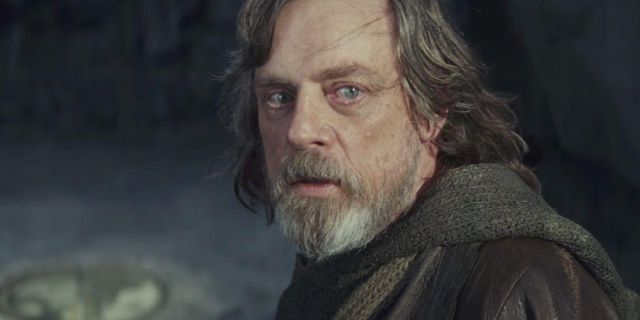
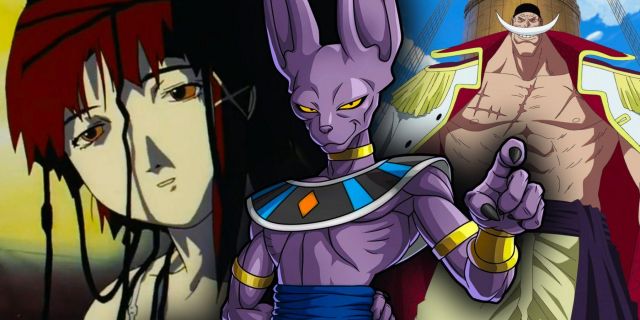
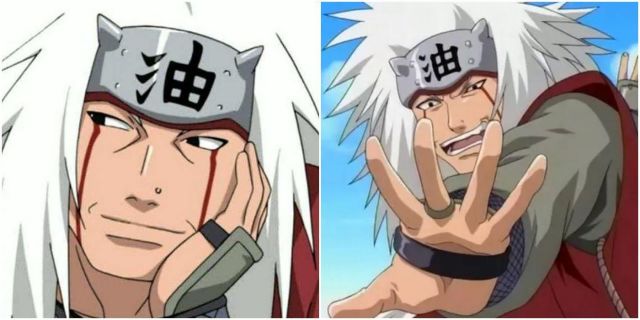
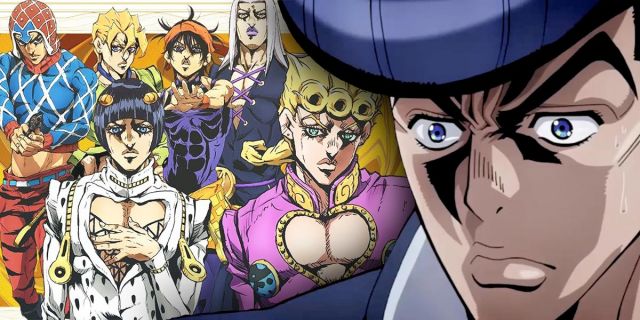

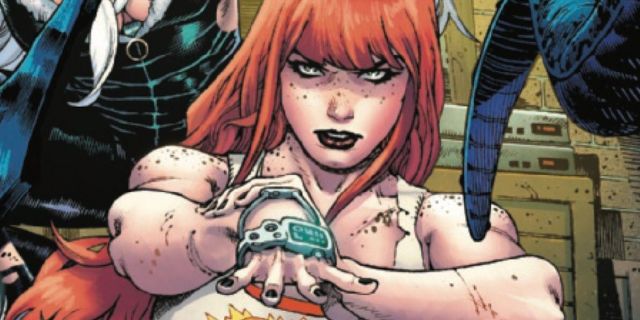
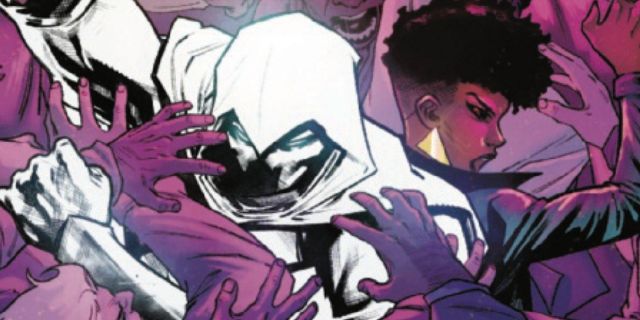
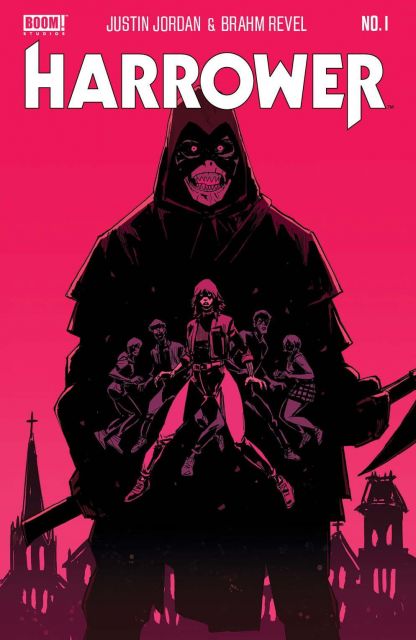
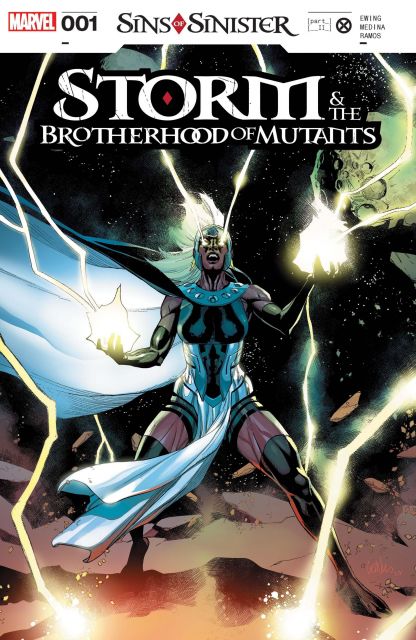
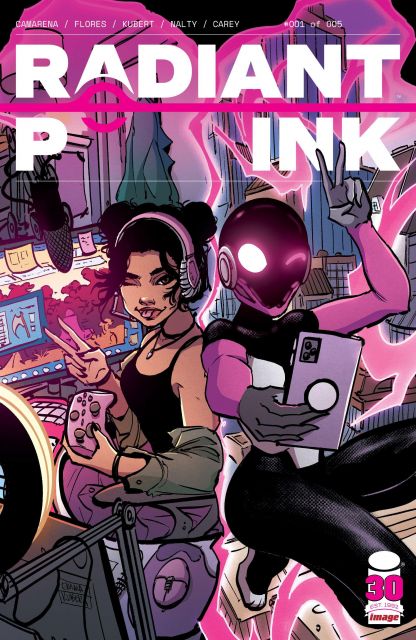
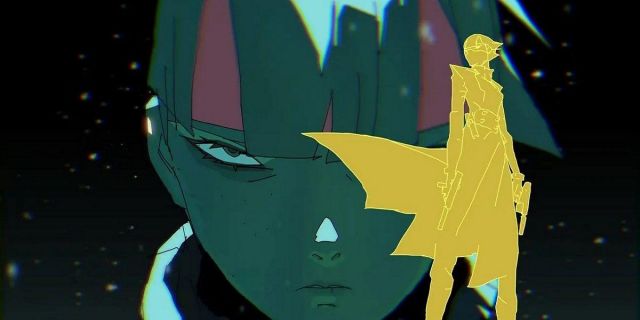




Leave a Reply